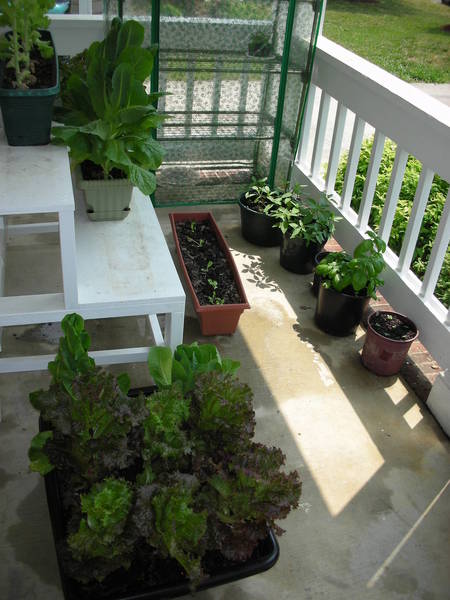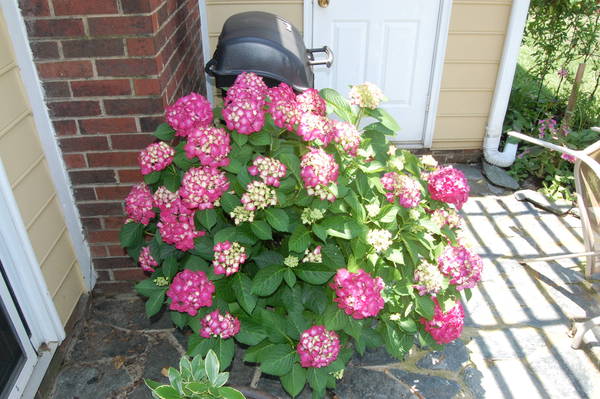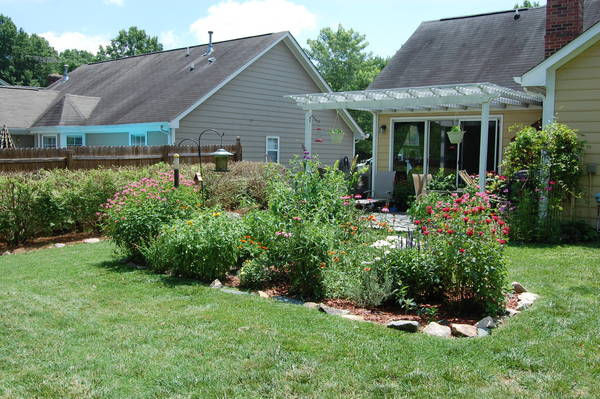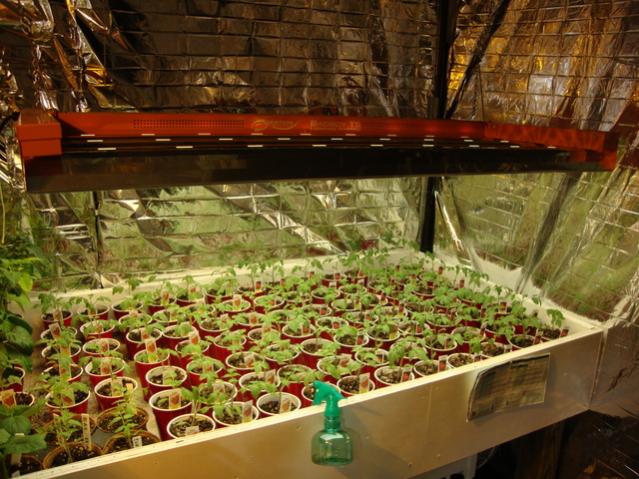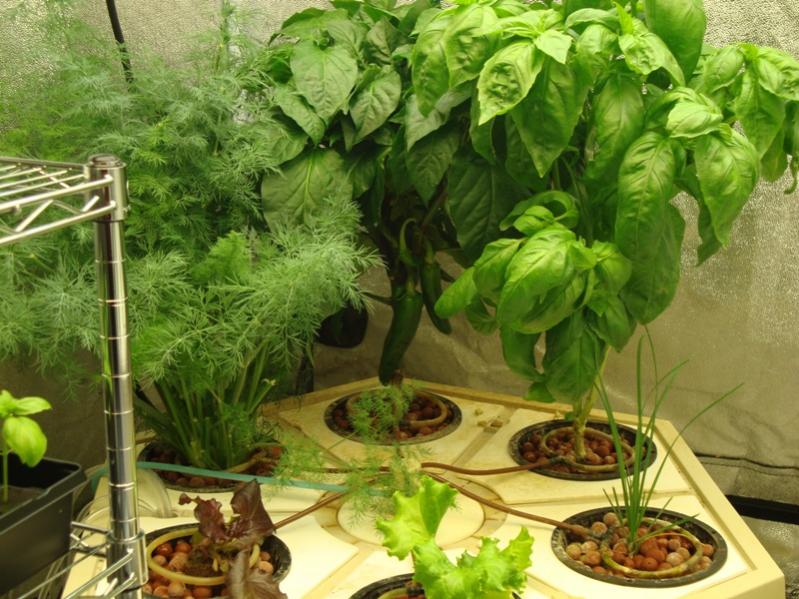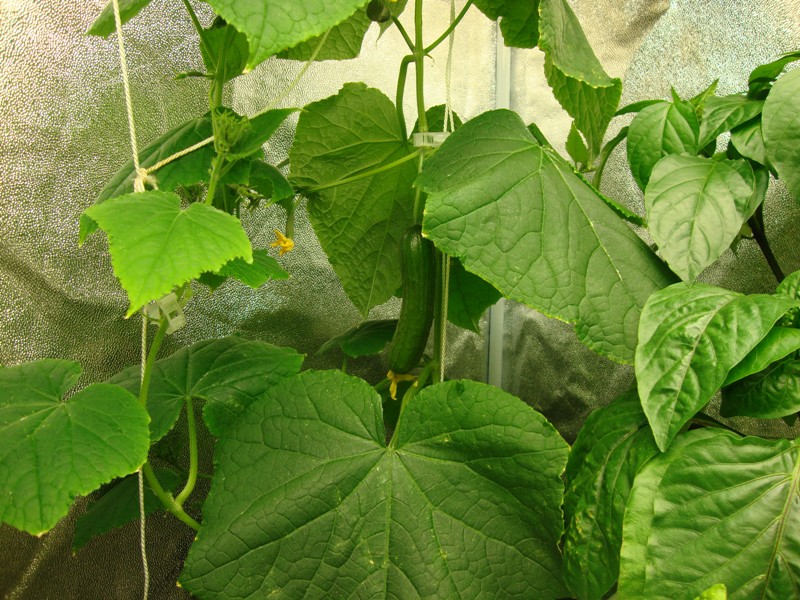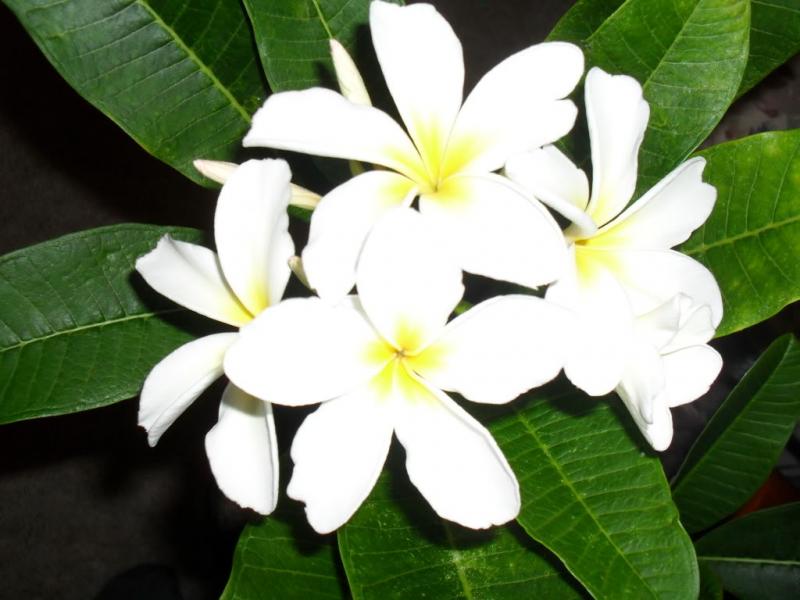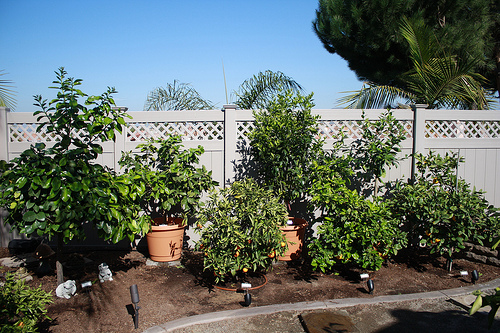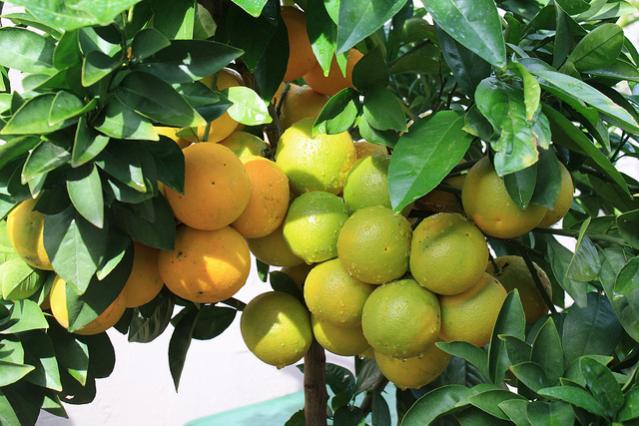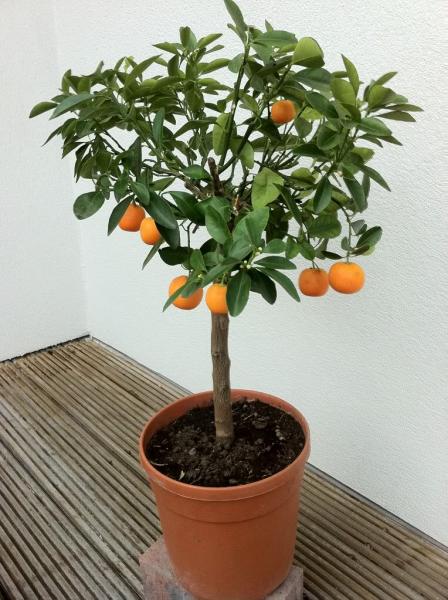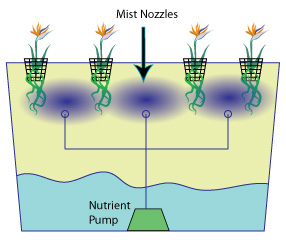These days, organic seems to be the buzzword. Organic produce, organic meat, organic skin care, organic cleaning products-it makes you wonder if companies are placing the word 'organic' before their product names as a marketing ploy rather than a health concern. In the same manner, "chemical" is also a polarizing word, but rightfully so for all the wrong reasons. I suggest not labeling all Inorganic Fertilizers as "Chemical" Fertilizers. --Fact: All inorganic fertilizers and inorganic fertilizer regimens are not created equal. There are still some fertilizers with actual chemicals in them today. But as long as you avoid using poor-name brand fertilizers unfriendly to USDA with actual chemicals, hi-salt ferts, pesticides, overfertilizing with extremely high level ferts like 40-60-30 in very strong concentrations, utilizing hormones, and other biogenetically engineered substances, AND you implement them in the correct, diluted manner, then your fine. Think of good inorganic fertilizer as a vitamin or nutritional supplement that you must take every day. There's nothing wrong with supplying a weekly, low dose of diluted 3-1-2, 6-2-4, or 9-3-6 inorganic fertilizer... especially if you're growing in containers with a potting mix like pine bark, peat, perlite, etc.
This is all made to be a big deal when it's actually not. Know the facts before you decide. The buzz surrounding the 'all-organic' idealogy as it pertains to plant growth is severely misinformed, especially on the internet.


